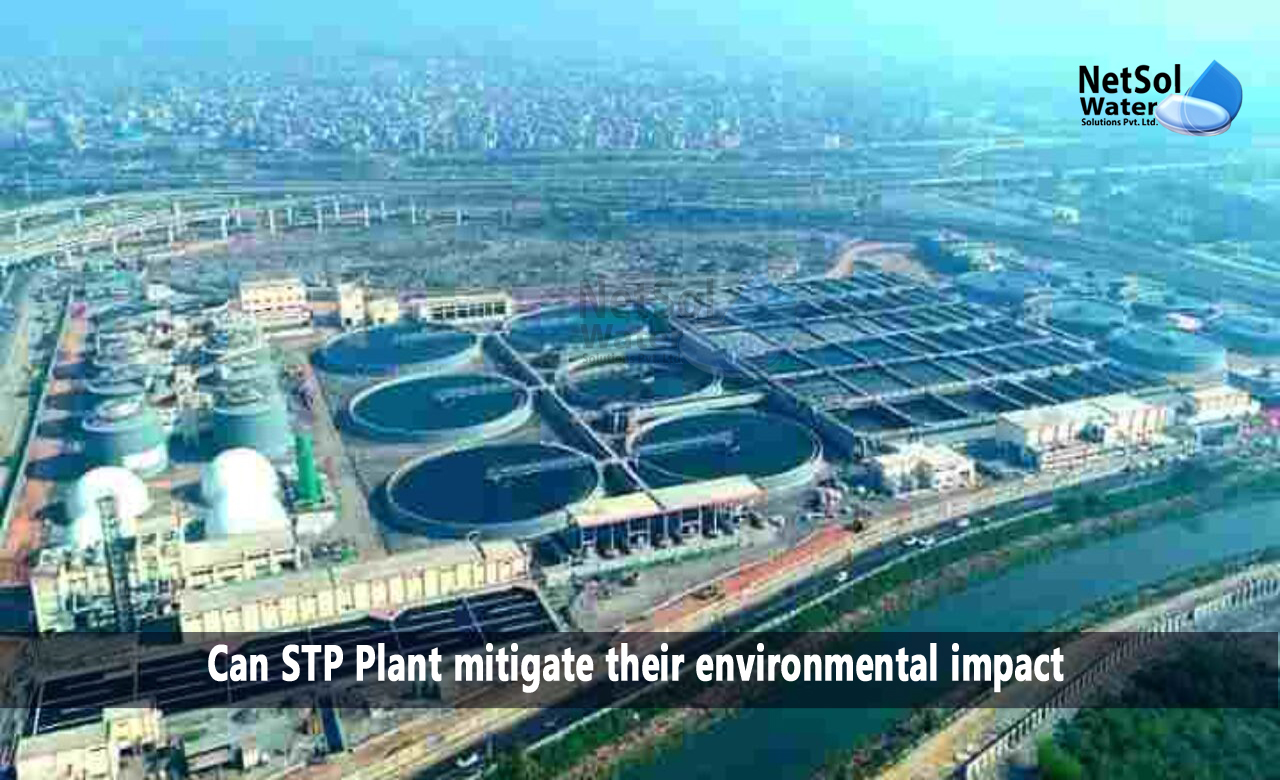Can STP Plant mitigate their environmental impact?
Sewage treatment plants (STPs) play a vital role in safeguarding public health and protecting the environment by treating and purifying wastewater. However, the operation of STPs can have certain ecological impacts if not managed effectively. To ensure sustainable and responsible wastewater management, it is essential to implement best practices that minimize the ecological footprint of sewage treatment plants. By adopting these practices, STPs can mitigate their environmental impact and contribute to the preservation of ecosystems and biodiversity.
-
Efficient Water Management:
Effective water management is crucial in minimizing the ecological footprint of STPs. By implementing water conservation measures, such as water recycling and reuse systems, STPs can reduce the overall water intake from natural sources. Additionally, optimizing processes to minimize water losses and leakage can further enhance water efficiency and reduce the strain on local water resources.
-
Nutrient Removal and Resource Recovery:
Excessive nutrients, such as nitrogen and phosphorus, in treated wastewater can have detrimental effects on aquatic ecosystems. Implementing advanced nutrient removal technologies, such as biological nutrient removal and membrane filtration, can significantly reduce the release of nutrients into receiving water bodies. Moreover, the recovery of nutrients from wastewater can be explored to create value-added products like fertilizer, promoting resource circularity and minimizing environmental impact.
-
Green Infrastructure and Natural Treatment Systems:
Incorporating green infrastructure and natural treatment systems in the design and operation of STPs can provide multiple environmental benefits. Constructed wetlands, bioswales, and vegetated buffer zones can effectively remove pollutants, improve water quality, and provide habitat for wildlife. These nature-based solutions mimic natural processes and enhance the ecological functionality of treatment plants while reducing the reliance on energy-intensive treatment technologies.
-
Odor Control and Air Quality Management:
Sewage treatment plants can emit odors and volatile organic compounds (VOCs), which can have negative impacts on local air quality and surrounding communities. Implementing effective odor control measures, such as biofilters or activated carbon filters, can help mitigate odor issues. Furthermore, adopting proper ventilation and emission control systems can minimize the release of VOCs, ensuring the protection of air quality and reducing the ecological impact on nearby areas.
-
Biodiversity Conservation and Habitat Restoration:
STPs often occupy sizable land areas, providing an opportunity to promote biodiversity conservation and habitat restoration. By integrating green spaces, planting native vegetation, and creating wildlife habitats within the STP premises, these facilities can contribute to the preservation and restoration of local ecosystems. Additionally, partnering with local conservation organizations and implementing biodiversity monitoring programs can further enhance the ecological value of STP sites.
-
Public Education and Community Engagement:
Engaging the local community and raising awareness about the environmental impact of STPs can foster a sense of ownership and responsibility. Educational programs and outreach initiatives can empower individuals to adopt sustainable wastewater management practices, such as proper household waste disposal and water conservation. By actively involving the community, STPs can foster a collective effort towards minimizing ecological footprint and creating a more environmentally conscious society.
Conclusion:
Sewage treatment plants have a critical role to play in minimizing the ecological footprint associated with wastewater management. By implementing best practices, such as efficient water management, nutrient removal, green infrastructure, and biodiversity conservation, STPs can significantly reduce their environmental impact. Moreover, proactive engagement with the community and continuous improvement through innovation and research will ensure that STPs continue to evolve as environmentally responsible facilities.
As stewards of the environment, it is crucial for STPs to prioritize sustainable practices and adapt to emerging technologies and scientific advancements. By embracing these best practices, STPs can play a pivotal role in achieving a harmonious balance between wastewater treatment, ecological preservation, and a resilient future for both human communities and natural ecosystems.
Netsol Water is Greater Noida-based leading water & wastewater treatment plant manufacturer. We are industry's most demanding company based on client review and work quality. We are known as best commercial RO plant manufacturers, industrial RO plant manufacturer, sewage treatment plant manufacturer, Water Softener Plant Manufacturers and effluent treatment plant manufacturers. Apart from this 24x7 customer support is our USP. Call on +91-9650608473, or write us at enquiry@netsolwater.com for any support, inquiry or product-purchase related query.



